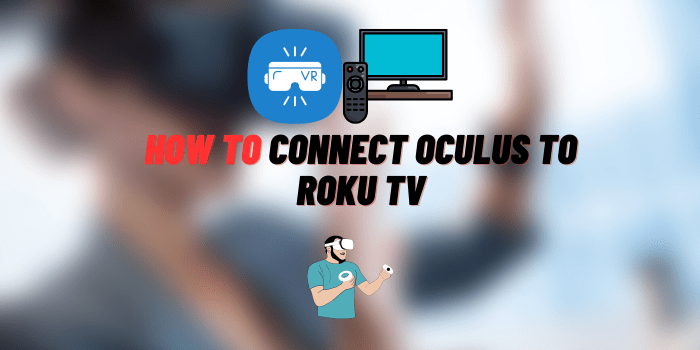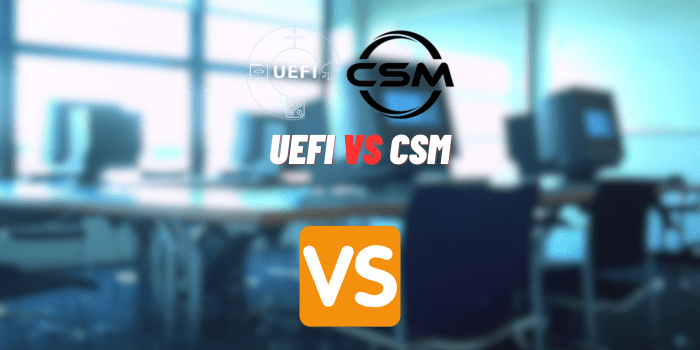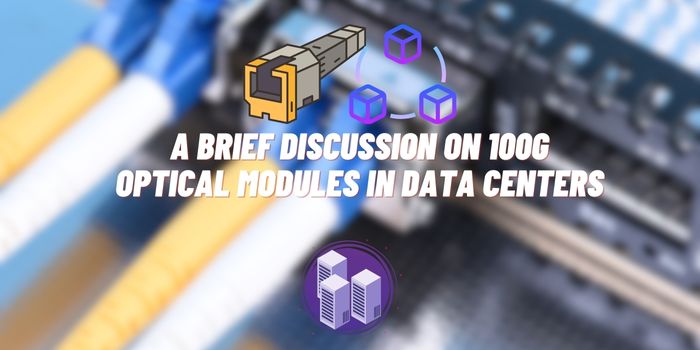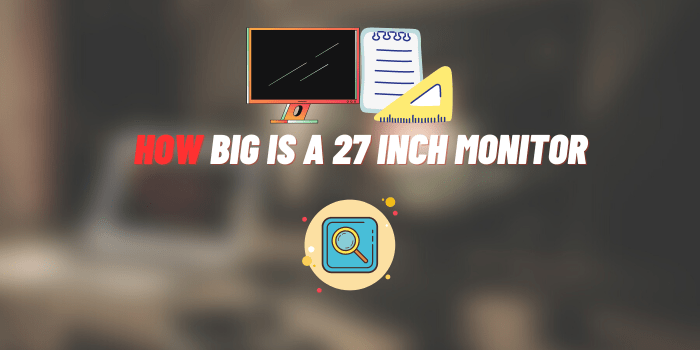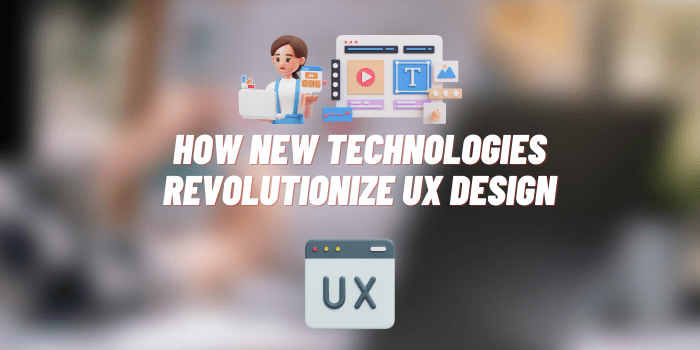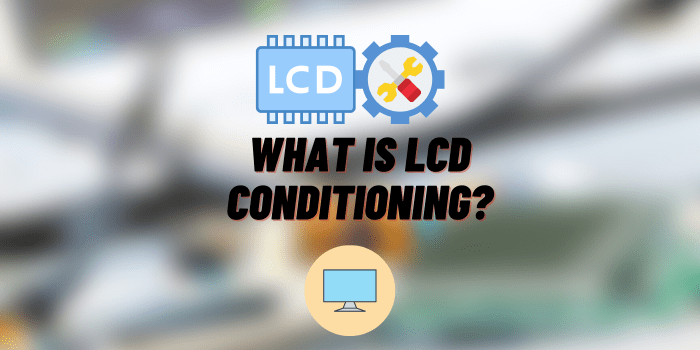How Technology Revolutionizes the Educational Process in 2024
Technological advancements have become pivotal in reshaping traditional teaching methods. In the year 2024, gadgets have revolutionized the educational process, offering innovative solutions to age-old challenges such as how to cite a research paper. From interactive smartboards to personalized learning apps, these gadgets have ushered in an era of enhanced engagement, accessibility, and effectiveness in education.
- Interactive Smartboards: Transforming Classroom Dynamics
- Personalized Learning Apps
- Augmented Reality (AR) and Virtual Reality (VR)
- Wearable Devices: Fostering Health and Well-being in Education
- Artificial Intelligence (AI) in Education
- Collaborative Platforms: Fostering Global Connections
- Challenges and Considerations
Interactive Smartboards: Transforming Classroom Dynamics
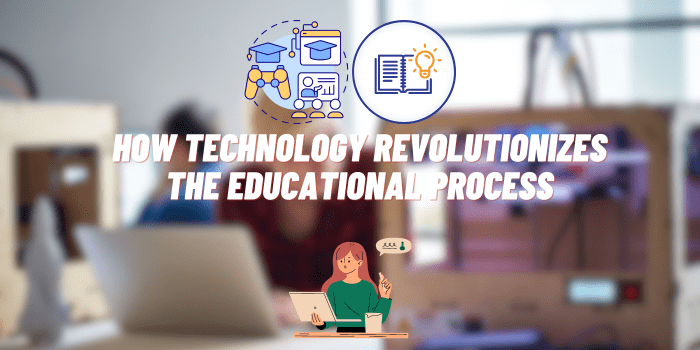
One of the most prominent revolutions in education technology is the integration of interactive smartboards. These digital whiteboards have replaced traditional chalkboards, turning classrooms into dynamic, interactive spaces. In 2024, smartboards are not only a means of displaying information but also serve as collaborative tools that encourage student participation.
Teachers can seamlessly integrate multimedia content, interactive quizzes, and simulations, providing a more immersive learning experience. Students, in turn, actively engage with the material, fostering a deeper understanding of concepts. Furthermore, smartboards facilitate real-time feedback, allowing educators to address students’ queries instantly and adapt their teaching strategies accordingly.
The versatility of smartboards extends beyond standard subjects. For instance, in mathematics, teachers can illustrate complex equations with dynamic visuals, making abstract concepts more tangible. In language classes, interactive language games can enhance vocabulary retention and pronunciation skills. The adaptability of smartboards to various subjects enhances their effectiveness across the educational spectrum.
Personalized Learning Apps
The rise of personalized learning apps has personalized education, catering to individual learning styles and preferences. In 2024, these apps have become an integral part of the educational landscape, providing students with tailored content, practice exercises, and assessments.
Adaptive learning algorithms analyze students’ progress and adapt the curriculum to their pace and comprehension level. This personalized approach not only fosters a more efficient learning experience but also ensures that no student is left behind. Whether it’s a struggling student receiving additional support or an advanced learner exploring more challenging material, personalized learning apps cater to diverse educational needs.
Moreover, these apps often incorporate gamified elements, turning the learning process into an engaging and enjoyable experience. Gamification strategies, such as rewards, badges, and progress tracking, motivate students to participate and achieve their learning goals actively.
Augmented Reality (AR) and Virtual Reality (VR)
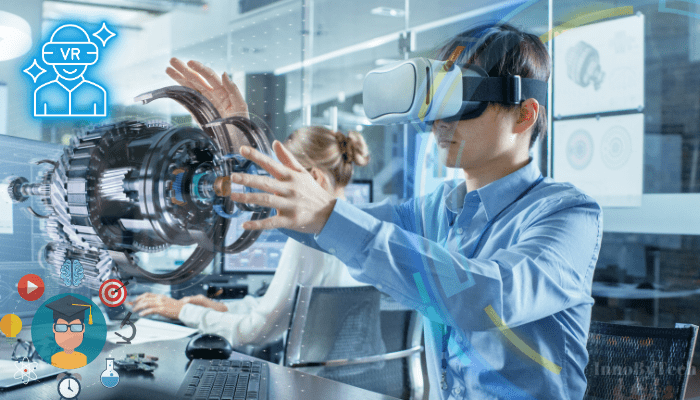
The integration of augmented reality (AR) and virtual reality (VR) has brought about a paradigm shift in education, offering immersive and experiential learning opportunities. In 2024, AR and VR technologies will be widely employed to transport students beyond the confines of the traditional classroom.
For instance, history classes can explore ancient civilizations through virtual tours, biology lessons can involve interactive dissections in a virtual laboratory, and language learning can be enhanced through simulated real-life conversations. These technologies provide a multisensory experience, making learning more engaging and memorable.
VR simulations enable students to conduct experiments in a controlled virtual environment, enhancing their practical skills and understanding of scientific principles. In art classes, AR applications allow students to overlay digital elements on their creations, fostering creativity and innovation.
Wearable Devices: Fostering Health and Well-being in Education
In 2024, wearable devices have found their way into the educational realm, contributing not only to academic success but also to the overall well-being of students. Smartwatches and fitness trackers monitor students’ physical activity, sleep patterns, and stress levels, offering valuable insights into their health.
Educators can use this data to implement strategies that promote a healthy lifestyle, such as incorporating short breaks for physical activity during long study sessions. Additionally, wearable devices can be integrated with educational apps to provide timely reminders for assignments, exams, and study sessions, helping students manage their time effectively.
Furthermore, these devices play a crucial role in addressing the increasing awareness of mental health in education. By monitoring stress levels and sleep patterns, educators can identify students who may need additional support and implement strategies to foster a supportive learning environment.
Artificial Intelligence (AI) in Education
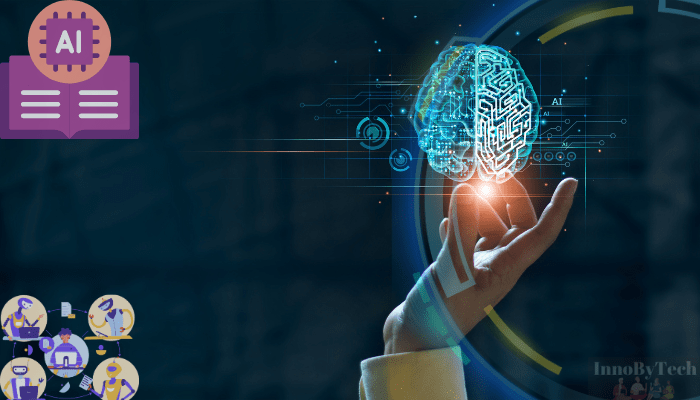
Incorporating artificial intelligence (AI) in education has given rise to intelligent tutoring systems that provide personalized guidance to students. In 2024, AI algorithms will analyze students’ learning patterns, identify areas of improvement, and offer targeted assistance.
These intelligent tutoring systems adapt to individual learning styles, providing custom-tailored exercises, explanations, and feedback. This not only enhances the learning experience but also promotes self-directed learning, empowering students to take control of their educational journey.
The implementation of AI in education goes beyond individual tutoring. AI-powered tools can assist educators in curriculum development, assessment creation, and data analysis. The insights gained from AI-driven analytics enable teachers to make informed decisions, refine teaching strategies, and optimize learning outcomes.
Collaborative Platforms: Fostering Global Connections
Gadgets in 2024 have facilitated collaboration on a global scale, breaking down geographical barriers and connecting students and educators from different parts of the world. Collaborative platforms enable students to participate in virtual projects, engage in cross-cultural exchanges, and learn from diverse perspectives.
Video conferencing tools, discussion forums, and shared document platforms have become essential components of the educational process. This interconnectedness not only broadens students’ horizons but also prepares them for a globalized and interconnected world.
Through collaborative platforms, students can engage in real-time discussions with peers from different cultures, fostering a sense of global citizenship. Additionally, virtual group projects promote teamwork, communication skills, and the ability to collaborate across time zones and cultural differences.
Challenges and Considerations
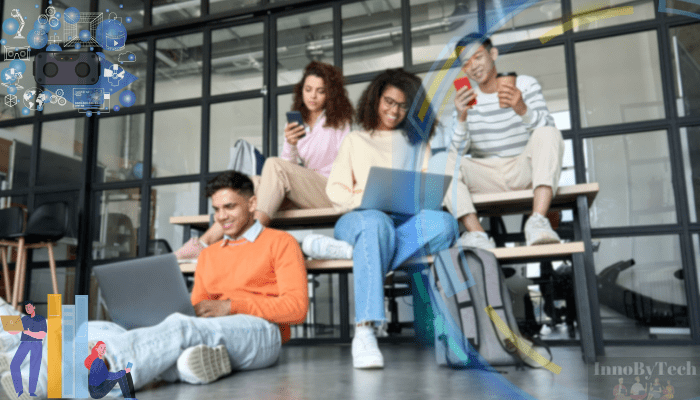
While the integration of gadgets in education has brought about numerous benefits, it is essential to address potential challenges and considerations. Privacy concerns, the digital divide, and the need for teacher training in technology use are critical aspects that require attention. Additionally, ensuring that technology enhances, rather than replaces, essential human interactions in education is crucial for a balanced and holistic approach.
Privacy concerns in educational technology involve the collection and storage of sensitive student data. Educators and policymakers must establish robust privacy policies and security measures to protect students’ personal information. Additionally, ongoing professional development is crucial for teachers to stay abreast of technological advancements and effectively integrate them into their teaching practices.
The digital divide, referring to the gap between those with access to technology and those without, poses a significant challenge in ensuring equal opportunities for all students. Efforts must be made to bridge this gap by providing access to devices and reliable internet connectivity for all students, regardless of their socio-economic background.
Conclusion
As we stand on the cusp of a new era in education, the role of gadgets in revolutionizing the learning process is undeniable. In 2024, interactive smartboards, personalized learning apps, AR and VR technologies, wearable devices, AI, and collaborative platforms have already transformed traditional education into a dynamic, engaging, and personalized experience.

